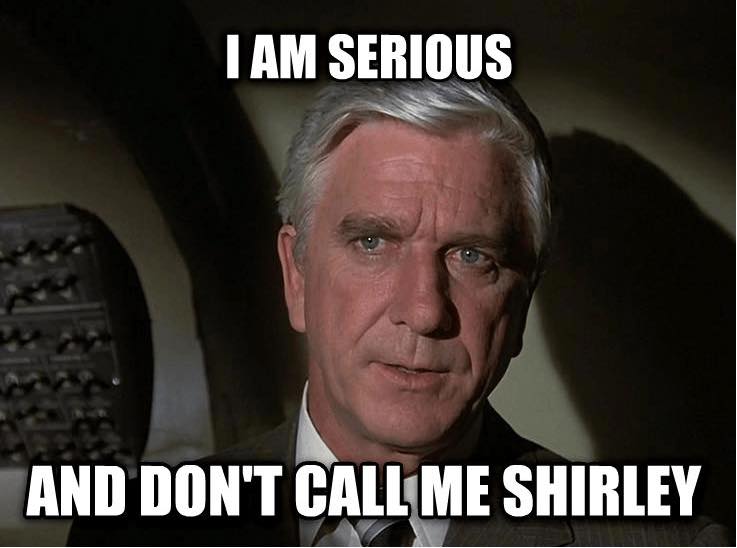At risk of straying off-topic before I even establish the topic, I’d like to point out that I like motorsport, I’m an Essendon Bombers supporter, and I really like absurdist comedy like ‘Flying High’ or Monty Python.
Chances are a lot of you don’t agree with me on these points, including my partner who still doesn’t understand why “Surely you can’t be serious” can set me off in a fit of bad movie quotes and laughter.

That was a pretty long and poorly segued way of setting the tone and topic (see previous blog about me having a lot of “You just had to be there” moments…). But today we’re talking about building rapport.
Building Rapport is Vital to Business Success
It’s such a simple thing to do, and so incredibly vital to business success, and excellent customer service, yet seems to be something we constantly forget to do.
Building rapport is all about getting to know someone on a more personal level and building a deeper connection beyond the surface level.
I’ve easily done that right now by writing about a topic you’re interested in (that’s why you’re here), but I’ve gifted you (poorly, I’ll admit) a couple of other things that we could discuss in more detail to find some common ground, and develop a link between us.
Unfortunately in most circumstances, especially in customer service and business in general, customers don’t offer up their hobbies and favourite foods upon introducing themselves. We need to actively find this information, and we need to do it the right way. Some customers are more open, some are more closed, but it’s always possible.
Best Way to Build Rapport is to Ask The Right Questions
The best way to do this is to ask the right questions. Surface-level questions like “How was your weekend?” can evoke a short back-and-forth conversation, but it’s not really going to give you much information about the person.
Use the following as a guide for the most effective rapport-building questions.
1. Personalise it
The question should be personalised. People tend to place minimal importance on questions like "What's the weather like?" or "Got any fun plans for the holidays?" because these could be asked of literally anyone, and let’s face it, it’s a little ‘throw-away.’
2. Be specific
Be more specific than that. Use the information you already know about them and go from there. For example, I knew that one of my clients was recently landscaping his whole backyard. Rather than ask about his weekend, I was able to ask how the landscaping was going, and had he finished the garden beds yet.
3. Make it unique
Make your questions unique. Your question should be a little unexpected. By catching the person off-guard, you'll get a more honest answer. Let’s remember our boundaries, but like above, try to avoid the ‘standard’ sort of questions about the footy, or how their week was.
4. Keep it G-rated... Or at least PG
Remember to be appropriate… Even though your question should be surprising, it shouldn't be surprising in a bad way. Avoid anything that could be seen as nosy or out-of-bounds. For example, if the customer says, "I just got back from Bali," I’d certainly not be asking them how their hangover is, but I might ask questions around their trip like where they stayed (especially handy if you happen to have visited the same country and can talk about your experiences as well).
You'll still want to start by asking questions that are more personalised and unique, and appropriateness will be most important at this beginning stage of the relationship, but if you start paying more attention to the questions you ask, and working on these skills, you’ll quickly notice how much easier it becomes to build trust with your customers, and before you know it, they’ll be asking you if you know what the airspeed of an unladen Swallow is.

 Back
Back
